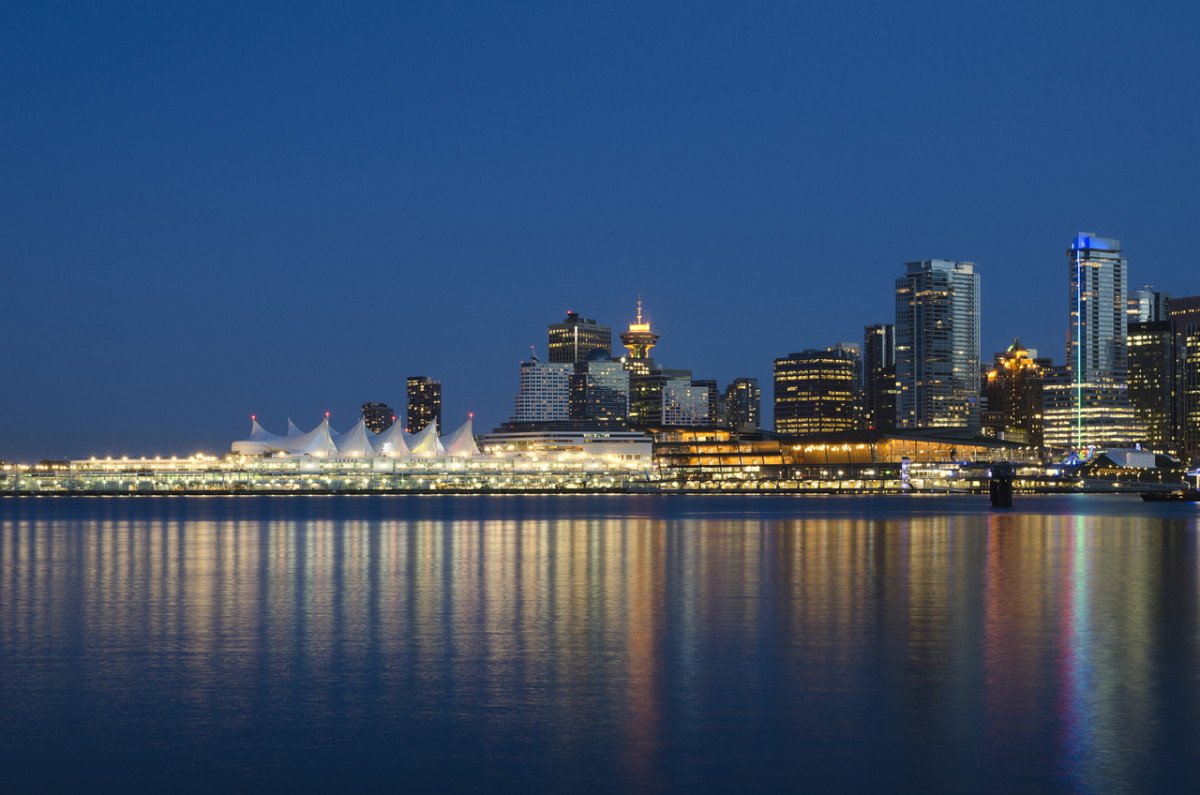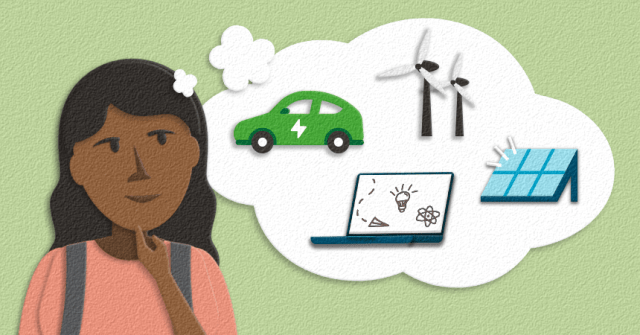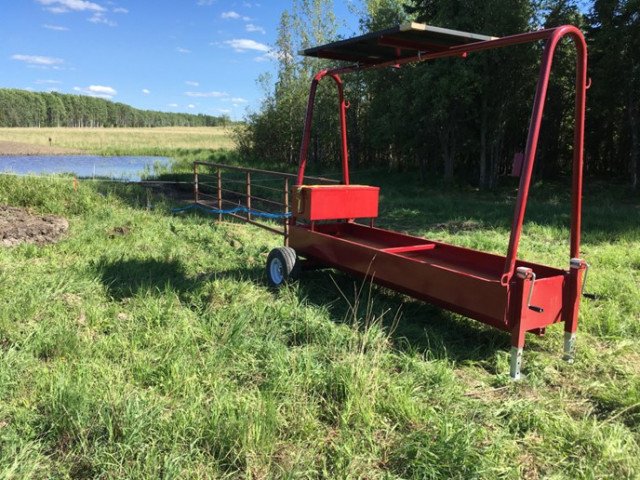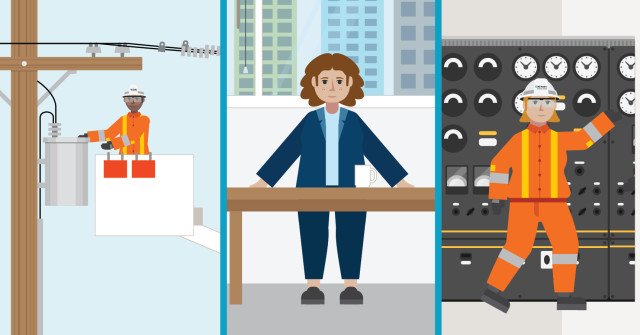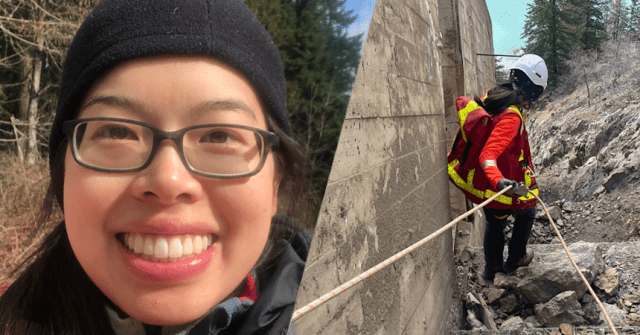What will you, and your students do, for the 2019 event on March 30?
It began as a symbolic lights-out event in Sydney, Australia, in 2007. But while Earth Hour was never designed as an hour that saves the world, the latest evidence about the impact of greenhouse gases has suggested that the world – or at least life as it is on this planet – needs saving.
“As accelerating climate change and staggering biodiversity loss threaten our planet, Earth Hour 2018-2020 endeavours to spark never-before-had conversations on the loss of nature and the urgent need to protect it,” Earth Hour’s founding body, the World Wildlife Fund, states on its 2019 event website.
But how does a one-hour, lights-off event spark change in B.C.? Last year a survey conducted for BC Hydro found that while most British Columbians supported Earth Hour, participation was declining. And that 94% of respondents said they already turn off lights to save energy.
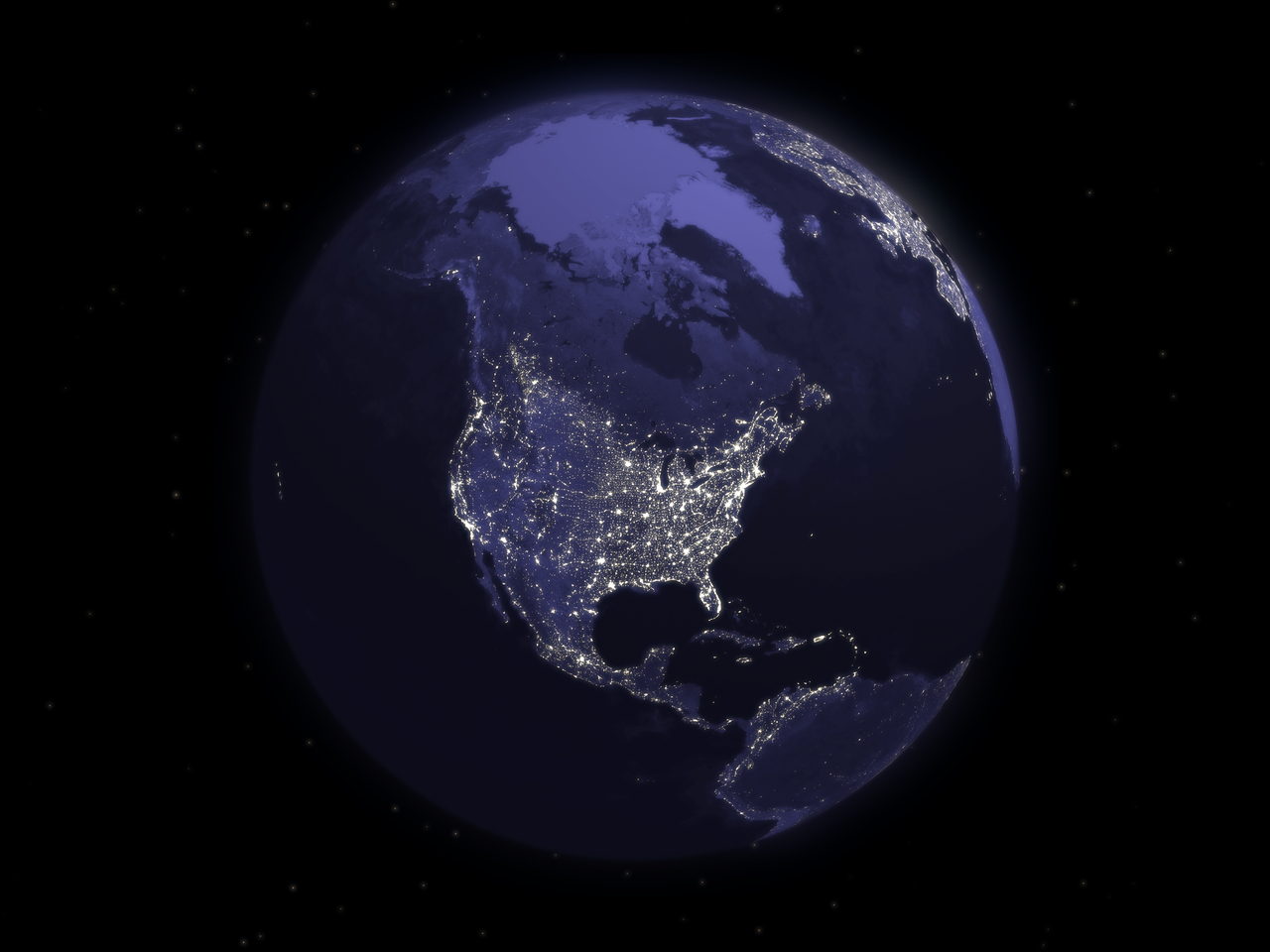
Light pollution in North America
Activities and resources for teachers and students
Teachers and students across B.C. can embrace Earth Hour as a way to launch individual action and collective conversations that can lead to real change. Small changes locally can blossom into regional, national, and international change.
Here are some activities and resources teachers can use to explore climate change and promote action:
1. The truth about climate change
Start a discussion around stories online, or the words of politicians, claiming that there’s no conclusive evidence that climate change is caused by humans. Use the following facts and resources to do a deep dive into the evidence that’s out there.
2. What’s happening here in B.C.?
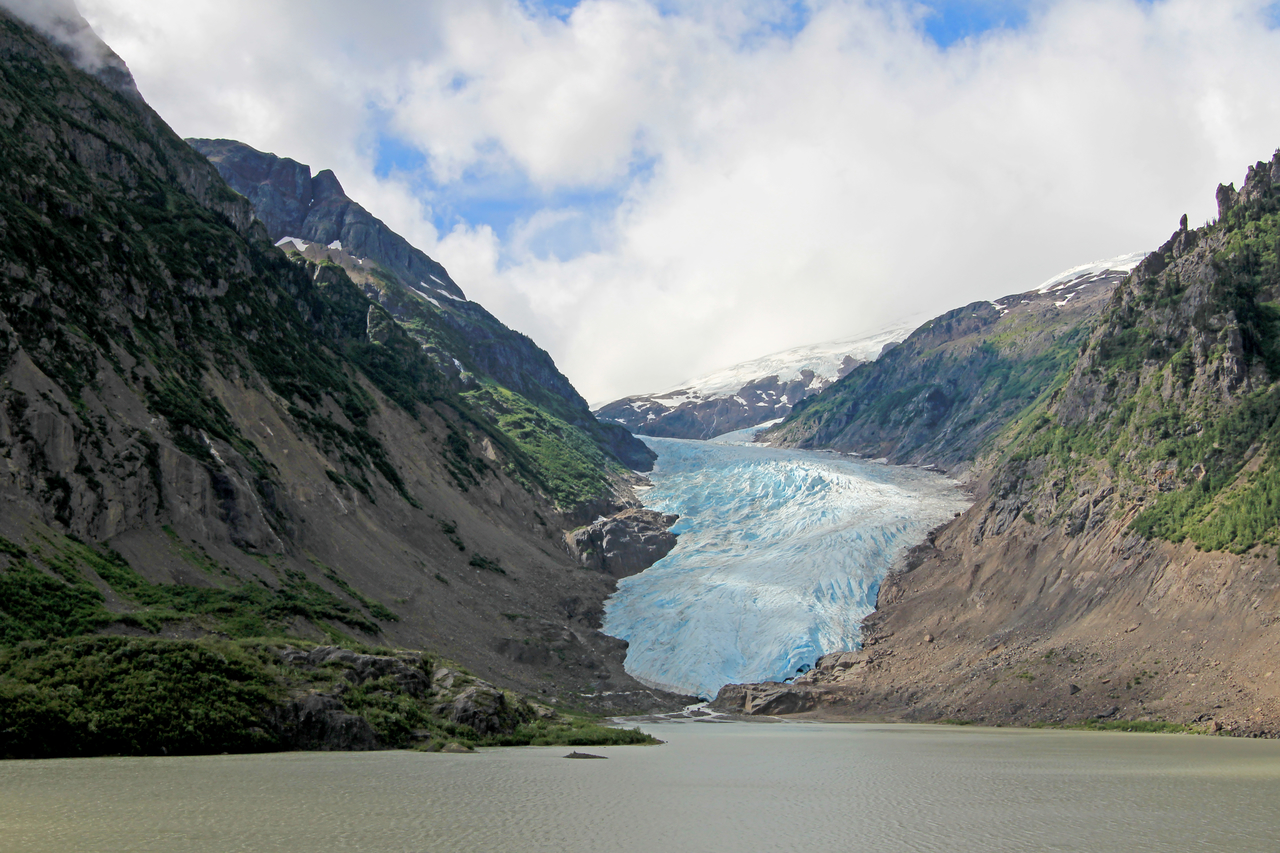 Glacier near Stewart, B.C.
Glacier near Stewart, B.C.
B.C.’s glaciers are shrinking and up to 70% are expected to disappear by 2100. Fish including salmon are struggling as rivers warm in the summer months. We’re expected to get up to 12% more rain in B.C. by 2050, but our summers will be drier, and there will be a greater risk of wildfires and insect infestations.
Take a look into B.C.’s future with the CBC video "How Just 2.5 Degrees Warming Will Change B.C. by 2050", and discuss with students what that could mean to life in the province. Discuss some of the solutions, including the BC Government’s CleanBC plan to encourage residents, businesses, and industry in B.C. to switch to clean and renewable electricity from fossil fuels.
Other resources & activities:
3. What can each of us do?
Discuss how a blend of individual changes and big policy changes by governments can help the fight against climate change. Ask students for ideas about how they, and their families, can contribute to the conversation – and actions – around climate change.
Talk about how kids can’t vote in elections but can still help, starting with conversations with parents who can vote and who are in a position to act on climate change. View the Global News video "Changing how we talk about climate change in daily life", which includes the story of how the former mayor of Miami took action on climate change in his city only after a discussion with his youngest son at 4:30 in the morning.
Some thought starters:
- Did you do anything today to help reduce carbon emissions?
- Did you walk, take a bus, or take rapid transit to get to school rather than being driven in a car?
- Does your family fly to other places for vacations? Does it make sense to take one longer vacation a year that require flights rather than take two or three flights to different places?
- Do you eat as much local food, such as fruit and vegetables, as possible?
- Do you refill bottles of tap water rather than using bottled water?
- Does your family reuse grocery bags rather than get new bags each time?
- Has anyone been in an electric car? What was it like?
- Who thinks the first car they drive will be electric?
- Do you avoid buying plastic, and recycle as much plastic as possible?
- How power smart is your family at home? Do you turn off lights, lower the temperature, and replace inefficient lights with LEDs?
Resources:
